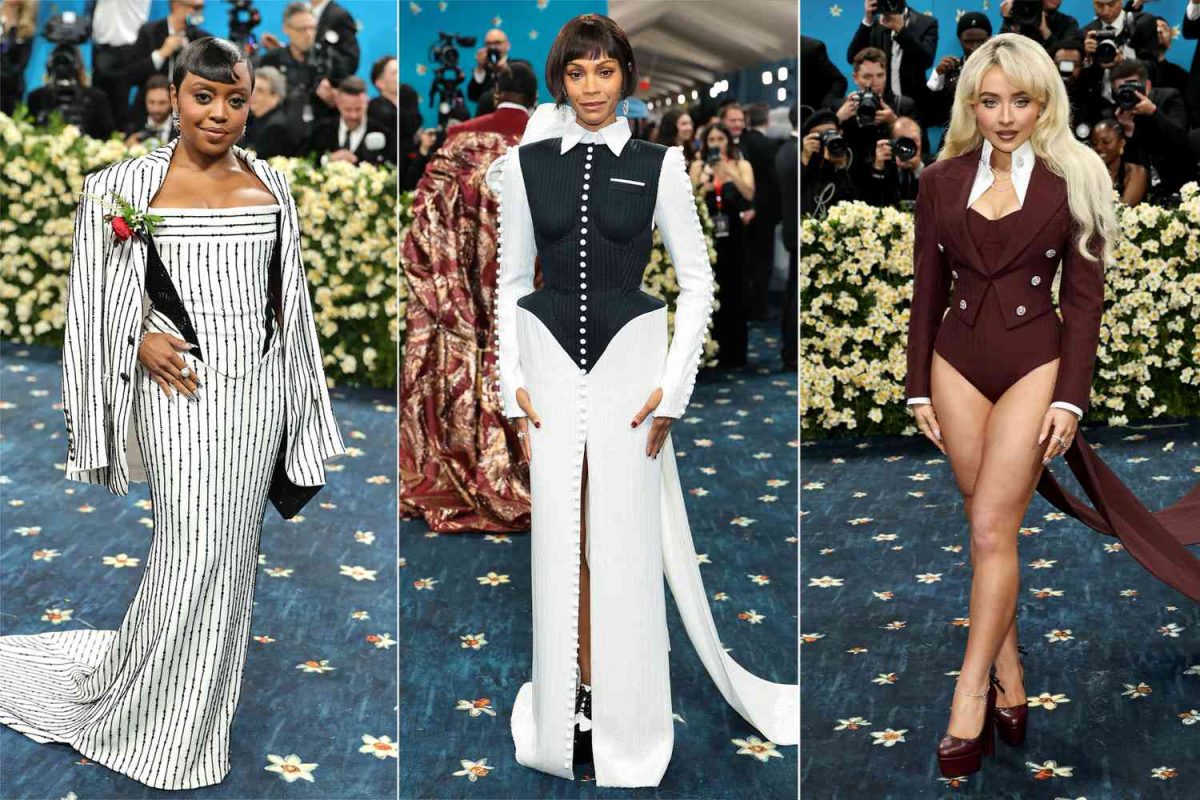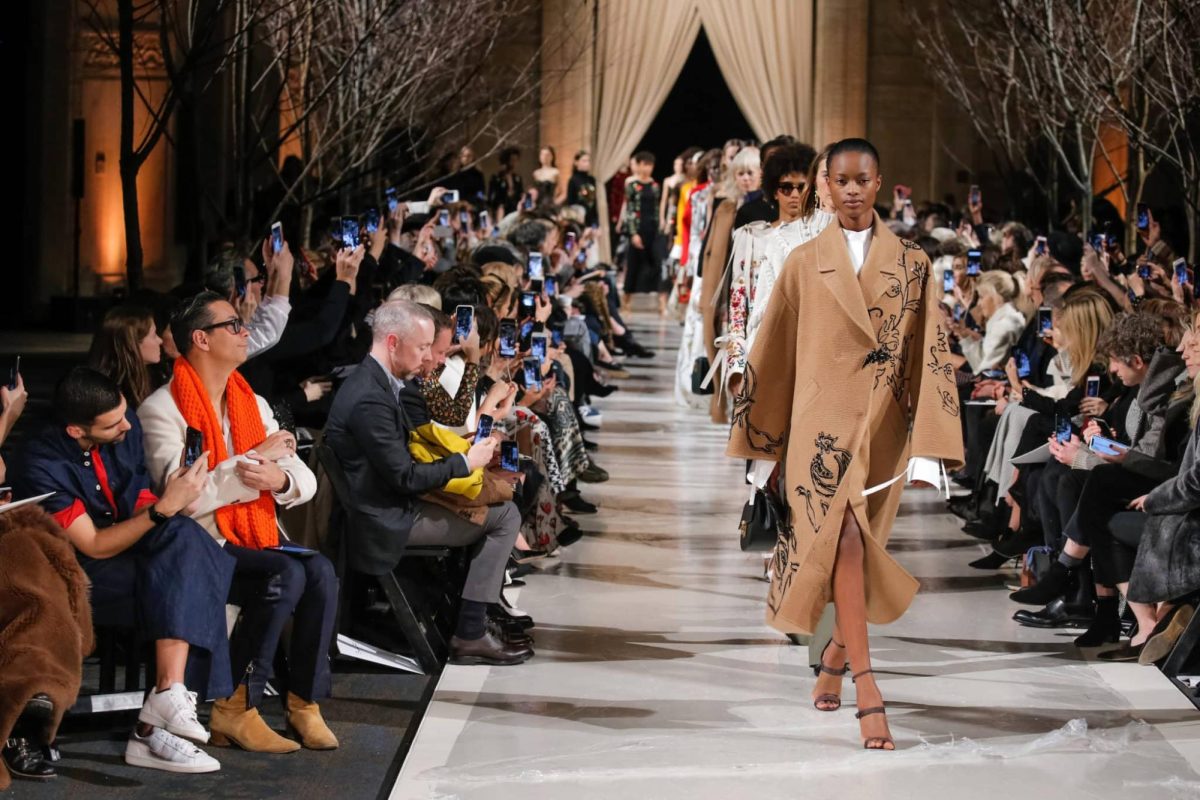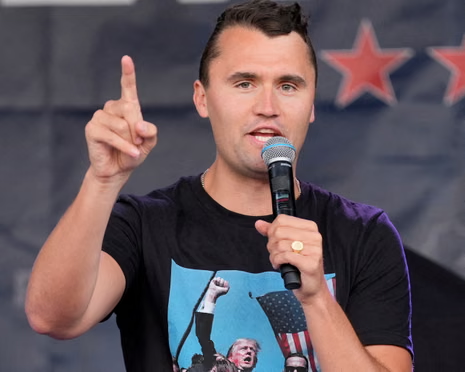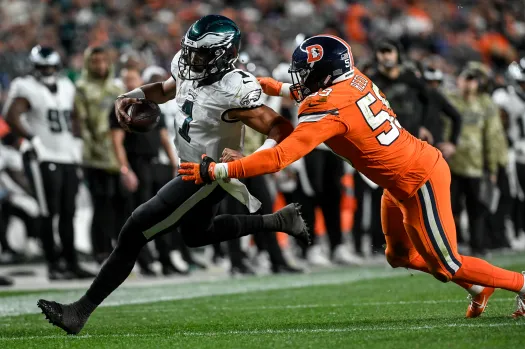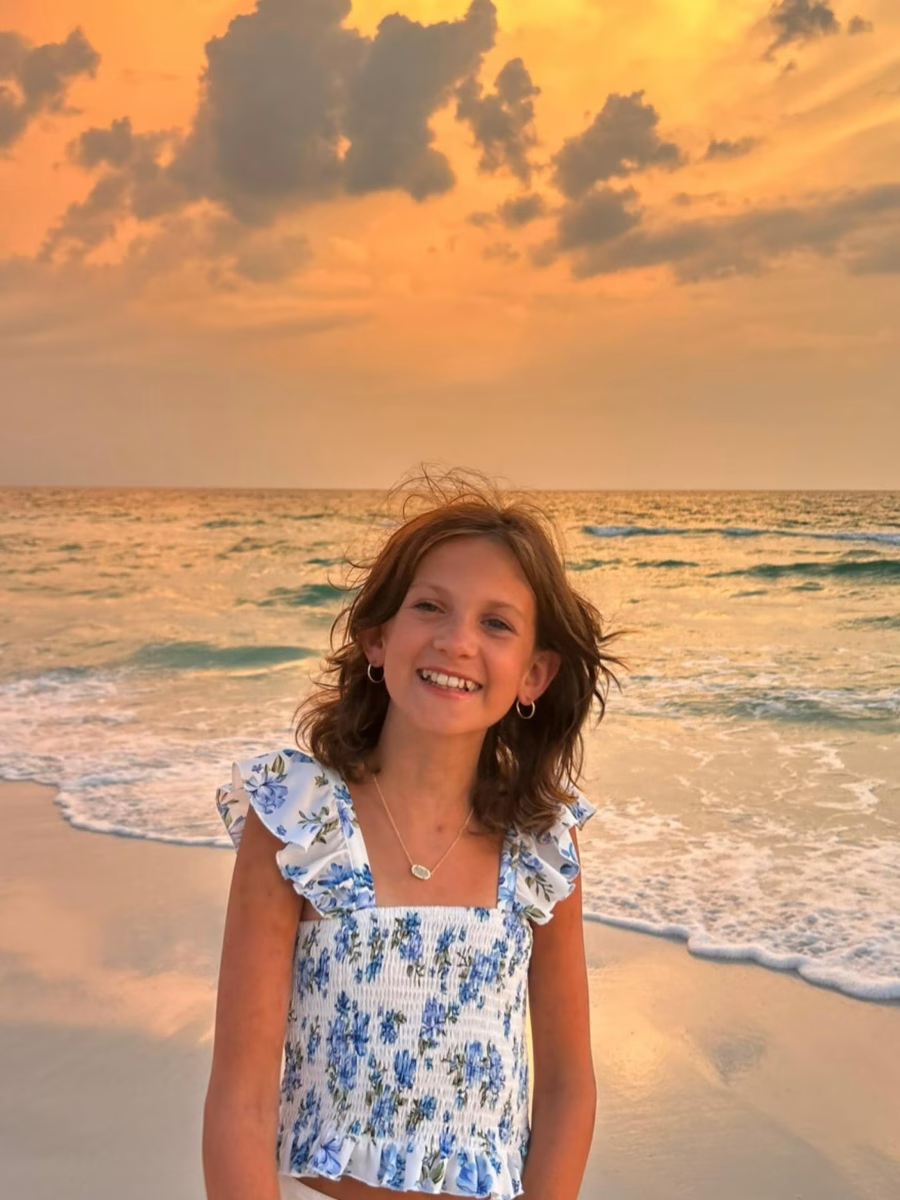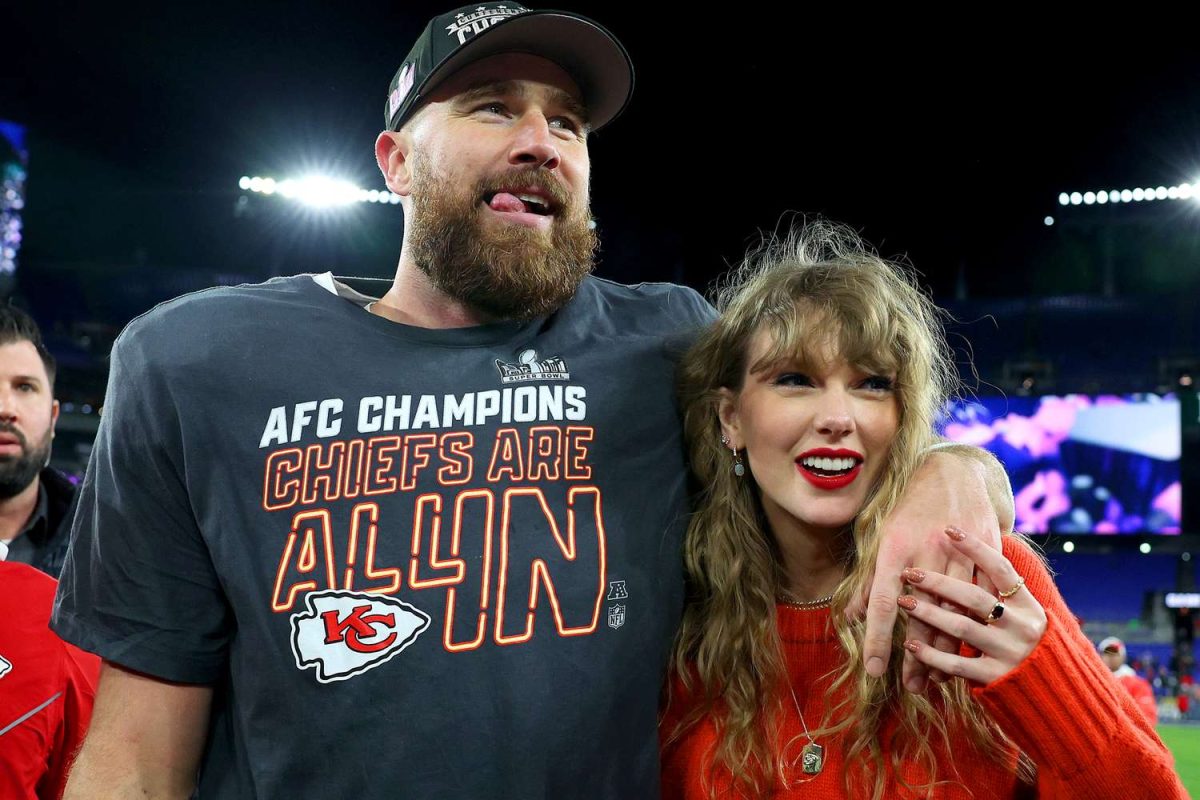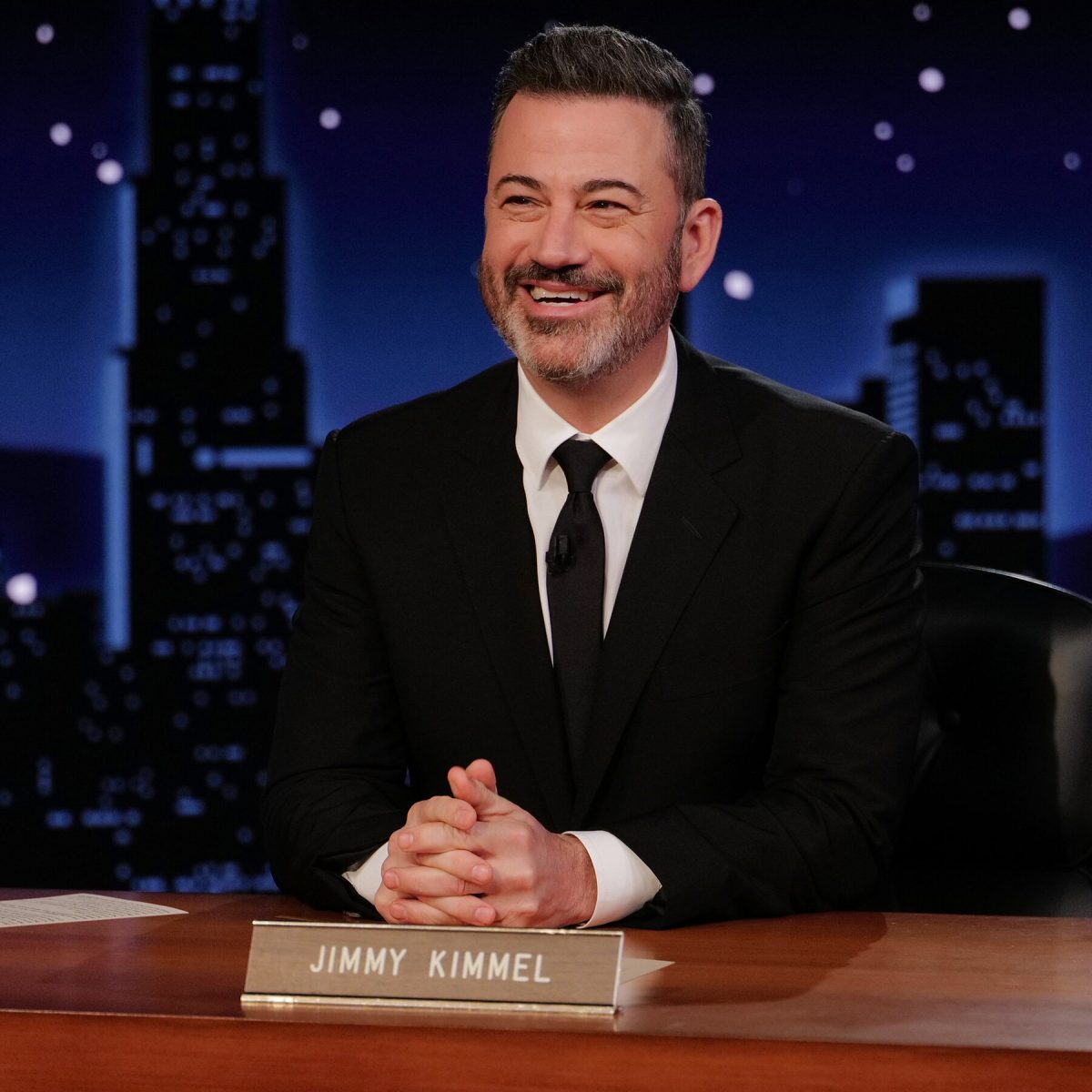Movies, tv shows, books, video games, magazines and other types of media can educate people on other cultures and identities. This can form how we think about other people, but also how we view ourselves. Because of this, good representation in the media is extremely important for promoting an equal and accepting society. However, people are often portrayed in ways that are inaccurate or stereotypical to their certain group or identity. Plus, some identities are often not represented at all. I have collected anonymous statements from people in our school community to show the impact both good and bad representation have on people.
“In TV shows, I have experienced a lot of inaccurate representation of my race. For example, in many Disney Channel shows (Jessie, Liv and Maddie to name a couple) Asians are stereotyped to be always super smart and non-athletic, which is an overgeneralization.”
“I am lucky enough to be represented mostly accurately in the media. The only times I can think of it being not accurate is when girls are portrayed as incapable or obsessed with appearance and boys. I have however seen less of that in more modern and recent media as we are in an age of female empowerment.”
“My parents divorced when I was young and I grew up only seeing “perfect families” in the media with a mom and a dad who loved each other. TV shows, movies, and books never showed me other kids with divorced parents so I grew up thinking that it was extremely abnormal for my parents not to live together… This shame made me hide my parents divorce so much that even a girl I’ve been friends with since lower school didn’t know my parents were divorced until we were in 9th grade.”
“I think representation is really important in allowing people to discover who they are besides what they learn from family members. Growing up I don’t think I really ever saw shows that featured any people from the LGBTQ+ community. Because of this it took me ages to figure out who I was as an individual. I honestly thought that maybe I was just different or weird because I always got uncomfortable when people talked about different boys they liked. It wasn’t till I was halfway through middle school when I learned that liking girls was normal. And even after I found out I wasn’t the only one I was still really uncomfortable with my sexuality. I think if I had more representation growing up and I could closely identify with characters I saw in shows; I wouldn’t have had so much internalized homophobia.”
“I don’t necessarily feel there have been accurate representations of me in the media, however there have been more recently with people of Asian descent in movies and TV shows. For example, the television shows “Awkwafina is Nora from Queens” or “Fresh Off the Boat” have felt like positive and more accurate representations compared to “Crazy Rich Asians” which is less representative of a large swathe of Asian-Americans. As an artist, Asians are well represented as artists in America, but not necessarily as subjects of artwork. For example, there are a few artists who make accurate representations of Asian lives in American photography who are also Asian. These artists make me feel like my life as an artist and teacher is valid and worth pursuing.”
“Oftentimes, especially in teen series, depression is viewed in [the same ways.] It is usually some quiet kid who is going through a lot of things and losing all their friends or suffering a loss. But to me that doesn’t really seem that accurate. From my experience, depressed people can look like the happiest most outspoken people and have amazing friends. Misrepresenting mental health can cause people to think others are just faking their struggles. I have friends inside and outside Agnes Irwin that [have] struggled with their mental health, and didn’t receive help for a long period of time. If there was more variety on TV I think less people would assume others were faking / being dramatic; and more people would be able to identify within themselves when something is wrong. Destigmatizing mental health and normalizing going to therapy could positively impact a lot of people.”
Everyone can help promote diverse and accurate representation by consuming diverse media. For example, reading books by authors with identities different than yours and watching Netflix shows with diverse casts. People get ideas about what to create based off of the media that’s doing well. So, if diverse media becomes increasingly popular people will begin to create more diverse and more accurate representation.
Additionally, if you are someone who is interested in creative storytelling, you must make sure to thoroughly educate yourself on your characters’ identities. Some of my recommended resources are TVTropes.org and Writing With Color. TV Tropes has a large database of different stereotypes that are important to be aware of, and Writing With Color is a tumblr blog written by people of color that answers many questions about how to write diverse characters. I also recommend having a sensitivity reader look at your writing, who is someone from the group you are trying to represent who can check your work for any inaccurate depictions or stereotypes. You can easily ask one of your friends to do this, if they are willing. Also, you must be willing to take criticism on your representation and be held accountable.
I hope that this article showed you how influential media can be and how important representation is. I encourage you to consume diverse media and educate yourself on different identities. Thank you for reading!

